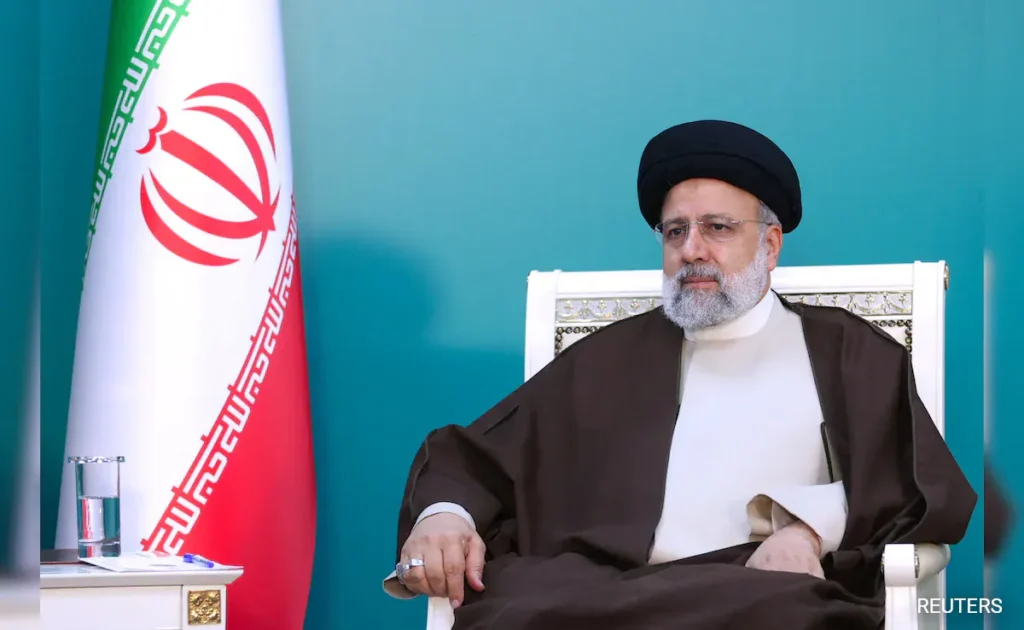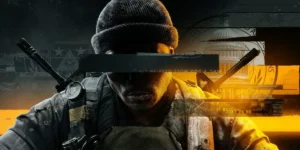Tragic Helicopter Crash: Iran’s President Dies on the Spot


The Incident: What Happened?
On a fateful morning, Iran’s President met an untimely end in a catastrophic helicopter crash. The incident occurred at approximately 9:30 AM local time, near the mountainous region of Alborz. The helicopter, an AgustaWestland AW139, was en route to a governmental meeting when it suddenly lost control and plummeted to the ground.
Preliminary reports indicate that adverse weather conditions, including heavy fog and gusty winds, may have played a significant role in the tragic accident. The helicopter’s flight path took it through a particularly treacherous area where visibility was severely compromised. Despite the advanced navigational systems onboard the AgustaWestland AW139, the pilot struggled to maintain control under these challenging conditions.
Eyewitnesses reported hearing a loud explosion followed by the sight of the helicopter spiraling out of control before crashing into the rugged terrain. The immediate cause of the crash is still under investigation, but early indications suggest a possible mechanical failure compounded by the harsh weather. Iranian aviation authorities have launched a full-scale inquiry to determine the exact sequence of events that led to this heartbreaking loss.
Emergency response teams were dispatched promptly to the crash site. However, the remote location and difficult terrain hampered their efforts, delaying their arrival. Upon reaching the scene, rescue personnel confirmed the devastating news that there were no survivors. The wreckage revealed that the helicopter was completely destroyed upon impact, leaving little hope for the passengers onboard.
Official statements from Iranian authorities have expressed deep sorrow and pledged a thorough investigation to uncover all contributing factors. The tragic event has not only left the nation in mourning but has also raised critical questions about aviation safety protocols and the potential need for enhanced measures to prevent such incidents in the future.
“`html
Impact and Reactions: National and International Response
The tragic helicopter crash that claimed the life of Iran’s President has sent shockwaves throughout the nation and beyond. Domestically, the immediate impact on Iran’s political landscape is profound. The sudden loss of the nation’s leader has led to an accelerated process of identifying potential successors, with several key political figures emerging as likely candidates. This period of transition is marked by uncertainty, as the nation grapples with the void left by the President’s untimely death.
Across Iran, a state of national mourning has been declared. Citizens are coming together in solidarity, participating in memorial services and vigils to honor their fallen leader. The national media is saturated with tributes, reflecting on the President’s contributions and legacy. This collective grief is palpable, uniting a nation in its sorrow.
Internationally, the response has been one of profound sympathy and concern. World leaders have expressed their condolences, highlighting the President’s role in international diplomacy and regional stability. Statements from the United Nations, the European Union, and other international organizations underscore the global significance of this loss. The President’s death is not only a national tragedy for Iran but also a moment of reflection for the international community.
Global media coverage has been extensive, with news outlets providing in-depth analysis of the crash’s implications. While the official investigation is in its early stages, various speculations and conspiracy theories are already circulating. Some suggest potential mechanical failures, while others hint at more sinister causes. However, until the official investigation concludes, these remain speculative. The international community eagerly awaits the findings, hoping for clarity and closure.
The next steps in the investigation will be crucial in determining the cause of the crash and preventing future tragedies. As Iran navigates this challenging period, both national and international observers will be closely monitoring the developments, offering support and seeking answers.
“`




